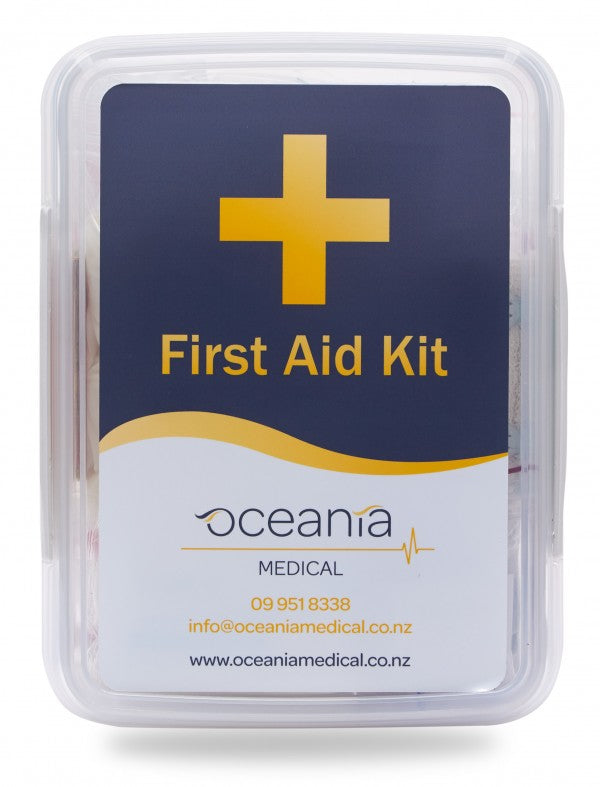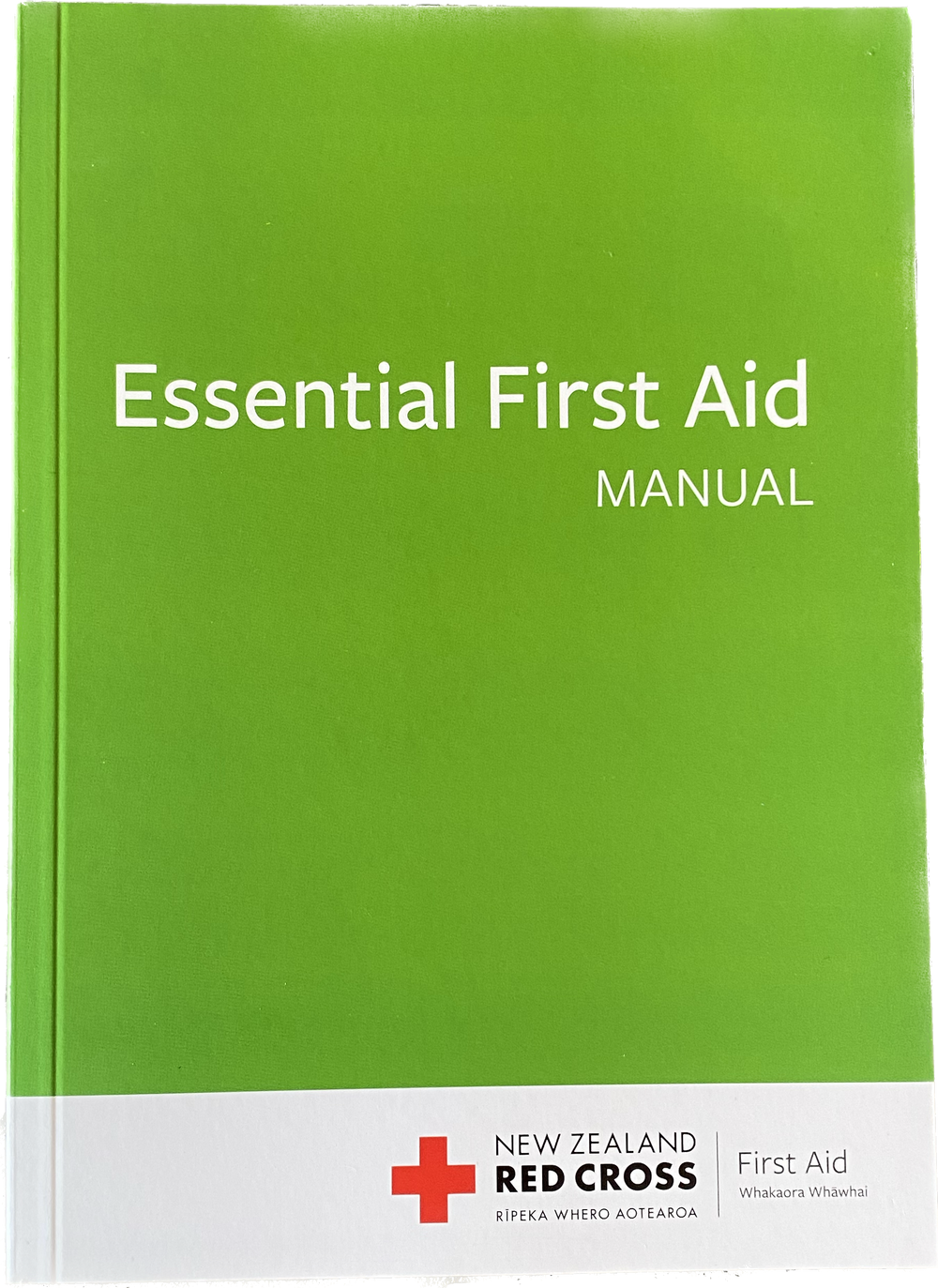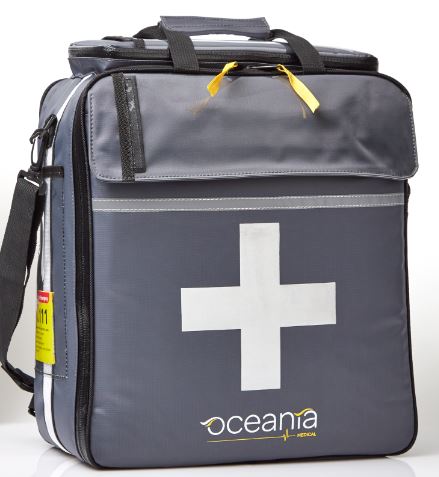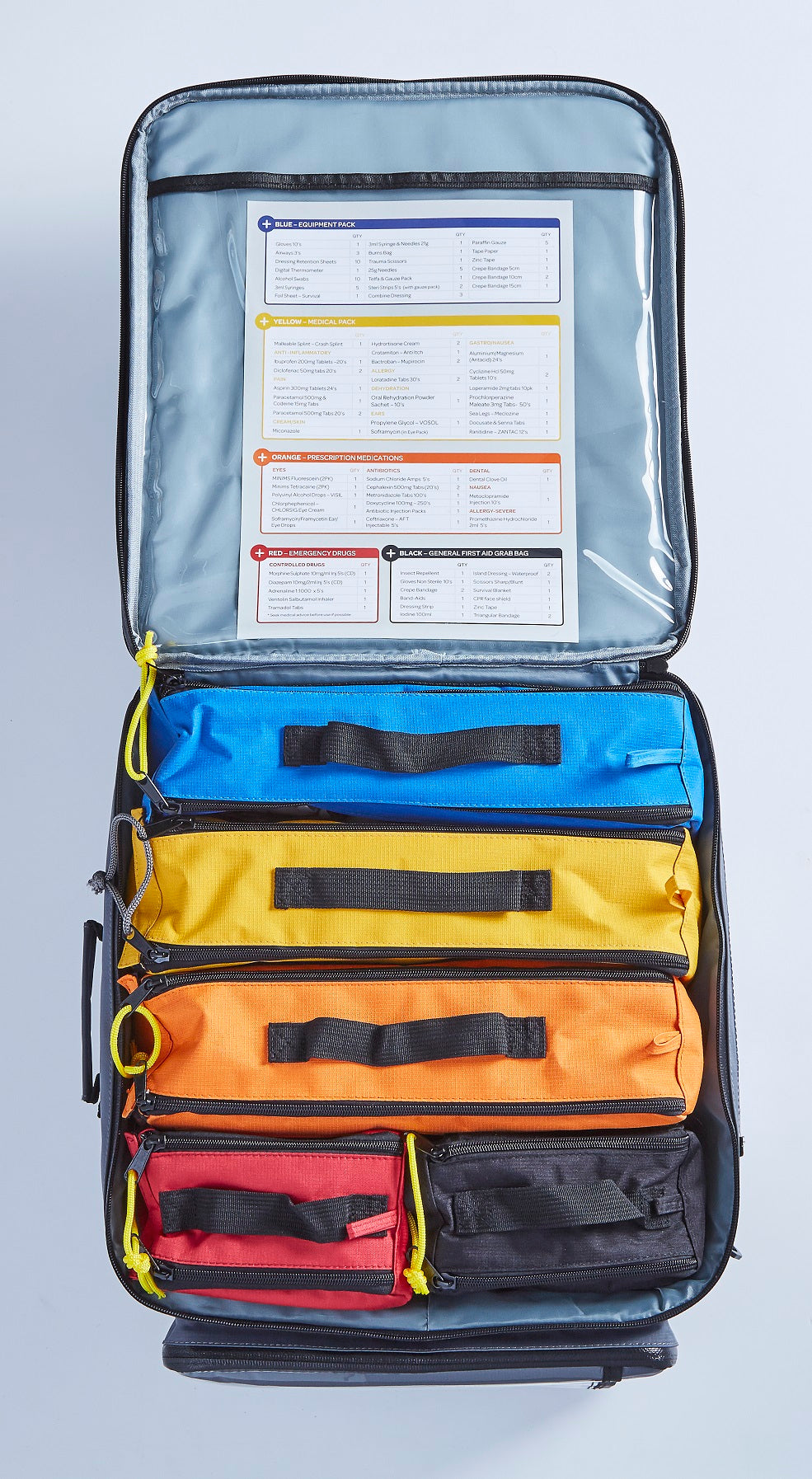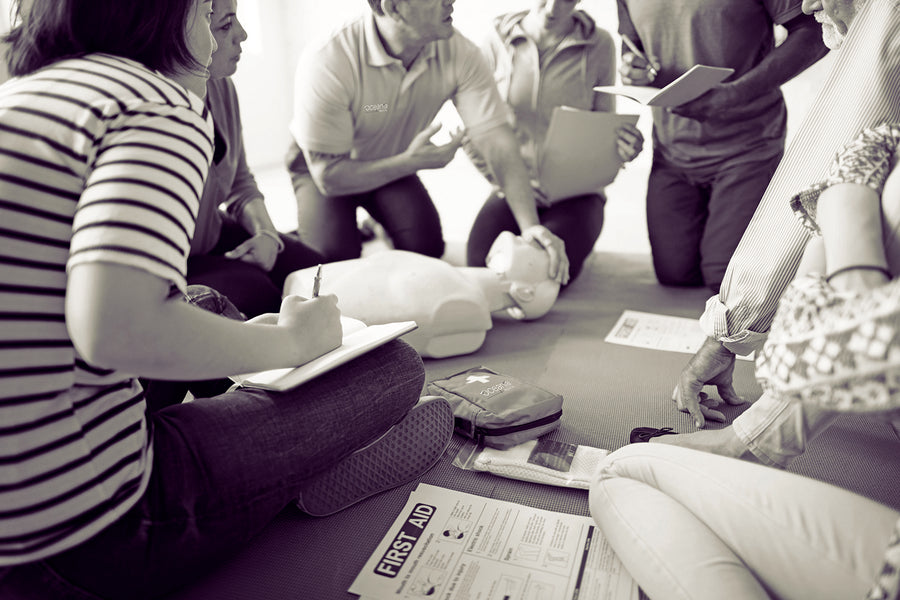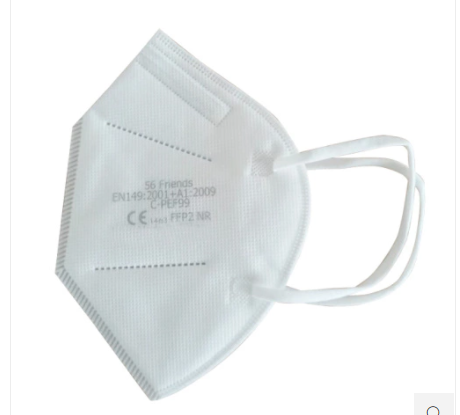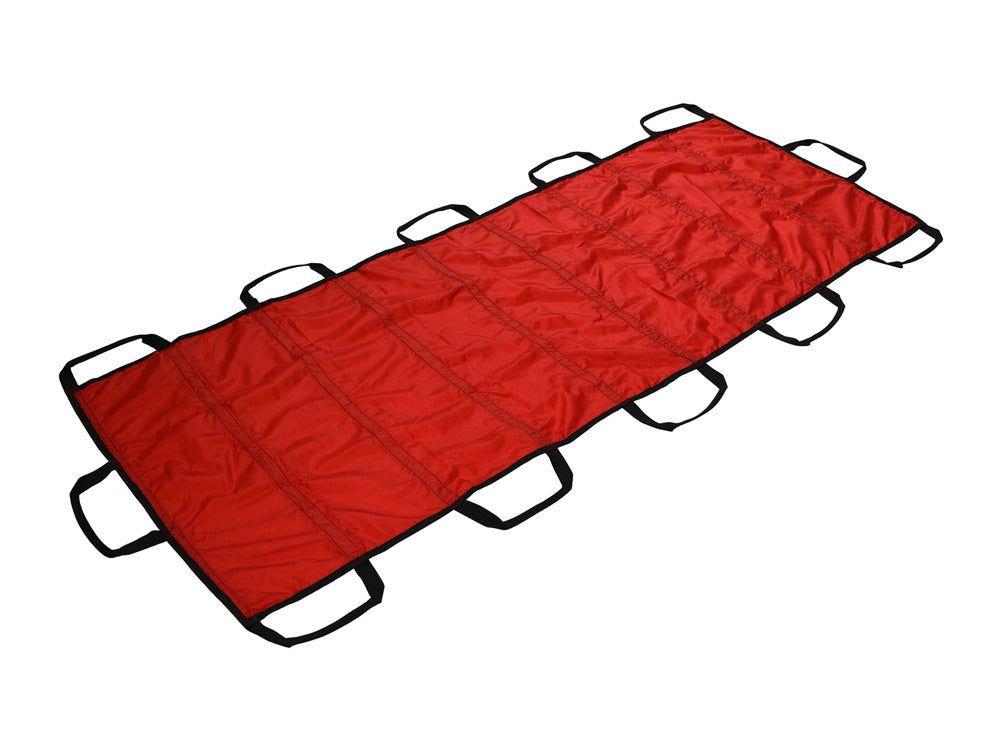The Value in Scenario Based Medical Training
Our scenario-based Medical Training uses interactive scenarios to support active learning strategies. It involves our students working their way through a role play created by the instructor. This is usually based around a trauma injury or medical emergency.
Before any training begins we work together with the health and safety team to ensure that we are aligned on the safety risks specific to their industry. We ensure that our classes are customized and that we have a full understanding of the current first aid skills of the staff and also the type of medical and first equipment on the site. We train using the equipment that they have available.
At the training class the students undergo theory training and some classroom practicals before moving them to real life scenarios in which they can further practice their skills and problem solve as they go. During the scenario the instructor will try to give minimal instruction but may give prompts to allow the students to think as they work together as a team.
The instructor will set up the scenario in a location that is as close as possible to the working environment of the students. This may be confined spaces, working at height or onboard a ship. We train for times when medical help may not always be near and ensure the students are ready and prepared for a medical emergency where they are the first responder.
In the scenario process students must apply their subject knowledge, and critical thinking and problem solving skills in a safe, real-world context.
Following the practical scenario the students and instructor de-brief and discuss issues faced and areas for improvement.
If the scenario training shows limitations of the current first aid equipment then we work again with health and safety to make recommendations about equipment upgrades that could be made to be better prepared.
Scenario-based learning is based on the principles of situated learning theory (Lave & Wenger, 1991), which argues that learning best takes place in the context in which it is going to be used, and situated cognition, the idea that knowledge is best acquired and more fully understood when situated within its context.


